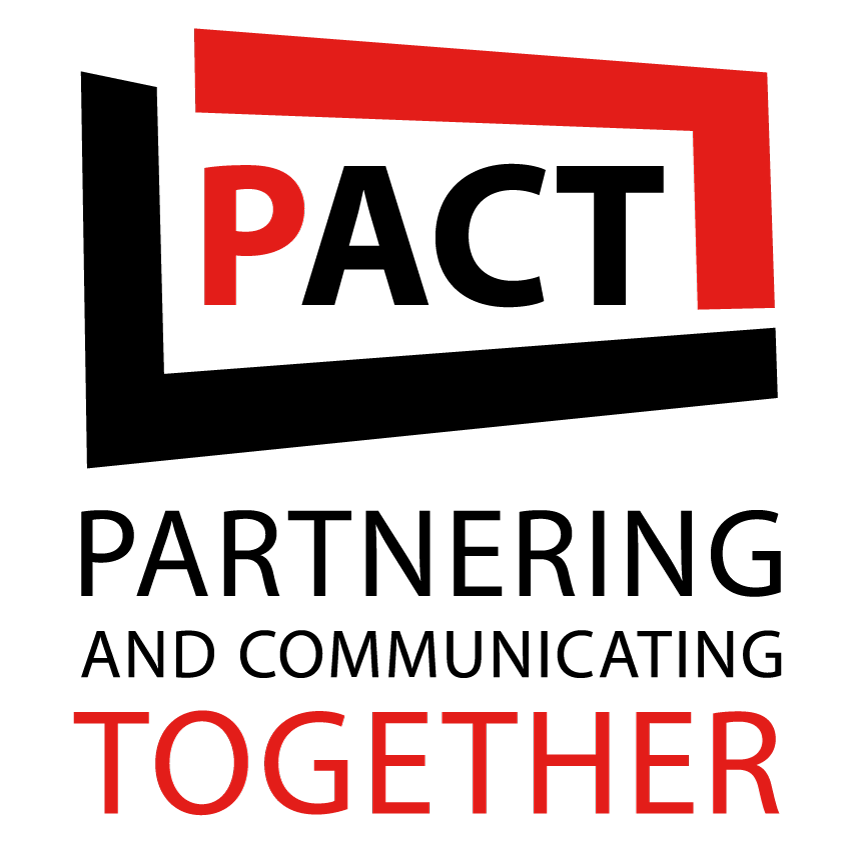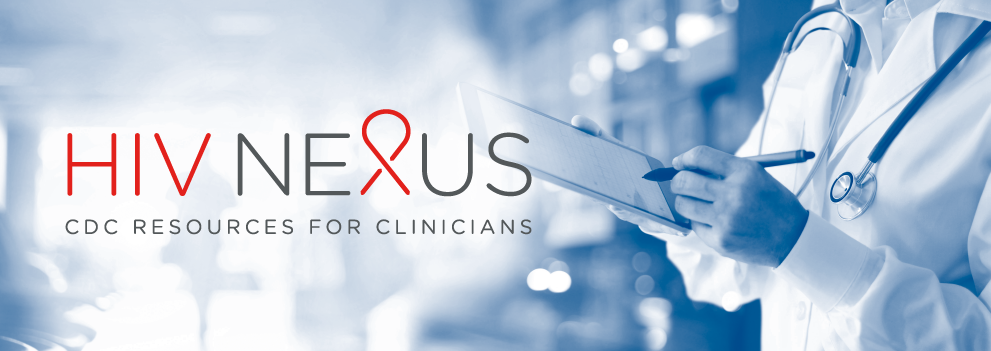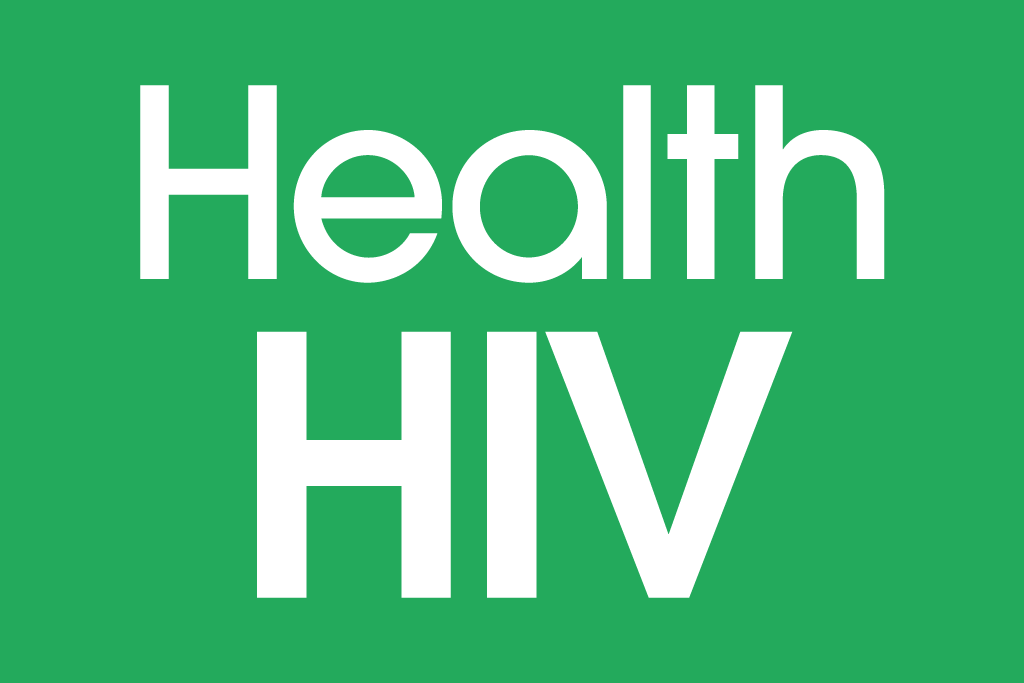Boris Q’va, USA TODAY
Health care and LGBTQ leaders are warning monkeypox will continue to spread among gay men and other Americans if more isn’t done to address vaccine shortages and help health professionals combat the virus. They are demanding more testing kits, vaccines and additional health workers to limit the outbreak.
Some LGBTQ critics have accused government officials of being slow to tackle the outbreak because it is primarily affecting LGBTQ men, a community that has long faced discrimination and limited care when it comes to health crises. They also worry non-LGBTQ people who might be vulnerable to monkeypox will not get adequate information about the virus if it is only seen as an LGBTQ illness.
The number of reported infections in 42 states, as well as the District of Columbia and Puerto Rico, has climbed to 1,469 infected people, with California and Illinois counting more than 100 cases and New York leading with 414 cases.
Monkeypox is a rare disease similar to smallpox but with milder symptoms and it is rarely fatal, according to the Centers for Disease Control and Prevention. The virus spreads from person to person through direct contact with rash lesions or body fluids. Symptoms of monkeypox include fever, headache, muscle aches, backache and swollen lymph nodes.
People infected with monkeypox have often come in close physical contact with someone else who had monkeypox, according to the CDC. While many reported infections involve men who have sex with men, anyone who gets in close contact with monkeypox can get the virus.
“While the queer population seems to be associated with this outbreak, we got to remember that the biology of this disease knows no limits with respect to who can affect,” said Scott Bertani, director of advocacy at the National Coalition for LGBT Health, a national nonprofit focused on health equity. “In fact, it’s not a disease that discriminates.”
Bertani and other LGBTQ advocates said health clinics in LGBTQ communities are uniquely positioned to respond to the outbreak but they need more testing kits and staff to meet the demand.
Lauren Beach, a research assistant professor at Northwestern University’s Feinberg School of Medicine whose research focuses on health equity among sexual and gender minorities, said it is dangerous for health officials to dismiss monkeypox as an LGBTQ illness, which could result in a more muted response and non-LGBTQ people also not getting necessary care.
“Monkeypox, like any other transmissible condition, can be spread wherever the virus is allowed to thrive. Any human is going to be susceptible to monkeypox, and so, I think that if we just attribute the virus to a certain set of people, like LGBT people, that could result in stigmatizing LGBT people as carriers of a plague, when we see that happening before with HIV,” she said. “And we noticed that actual stigma let the diseases thrive and spread because the idea is, well, you know this is a punishment, a plague that will affect just a certain group of people, so nobody else needs to pay attention.”
Dr. Kenneth Mayer, medical research director at Fenway Health and co-chair of The Fenway Institute, an interdisciplinary center for research, education, training and policy development in Boston, said conflating sexual preferences with infectious diseases, whether it is HIV, COVID-19, or monkeypox, can result in discrimination against LGBTQ patients.
“The important thing should be not to stigmatize and point fingers, but to educate about how this virus is transmitted and who may be at a greater risk,” he said.
By 1984, AIDS had affected at least 7,700 people and killed more than 3,500, mostly gay people. It wasn’t until September 1985 that the Reagan administration publicly mentioned AIDS.
“The government response specifically isn’t as bad as it was for HIV,” said Cameron Bartosiewicz, president of the Youth Pride Association, an LGBTQ advocacy nonprofit. “I’ve seen some parallels emerging; it is a bit early in the epidemic to say that it is going to end up like HIV in 20 years, but if we are not careful, I think it can.”
Bertani at the National Coalition for LGBT Health said he heard of incidents where LGBTQ people who went to a medical provider for help with monkeypox were misdiagnosed with an STI like gonorrhea or chlamydia.
“That means we need to support clinical education to help those physicians and other providers properly identify, diagnose and differentiate it,” said Bertani.
Bertani said more efficient diagnostic tools, real-time surveillance and administering vaccines to health care workers could also help slow the spread of monkeypox.
“We have decades of experience educating people about infectious diseases,” said Bouthot. “So we need to ensure that we bring the information to people where they are and how they will receive it.”
Beach said she sees parallels with the government’s response to the COVID-19 pandemic, such as the slow rollout of testing available for the public. The coronavirus epidemic showed how necessary widely available testing is to control infectious disease outbreaks, she said.
As part of the monkeypox outbreak response, the Biden administration is set to release more than 1.6 million doses of the two-dose monkeypox vaccine Jynneos by the end of the year. The goal is to target the virus in communities where transmission has predominant. Because of the high demand, the 56,000 doses released in June have almost all been given out, according to the Department of Health & Human Services data.
“The most important thing for the government right now is to get access to as many vaccines as possible,” said Mayer at Fenway Health.
This article originally appeared on USA TODAY.



